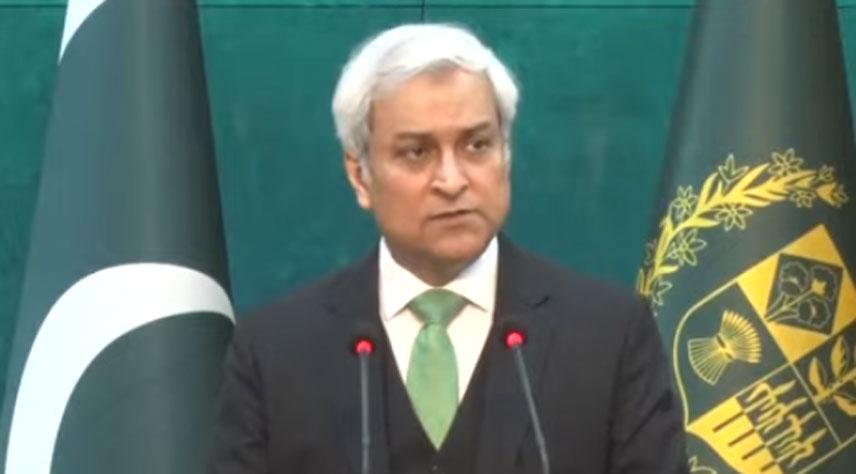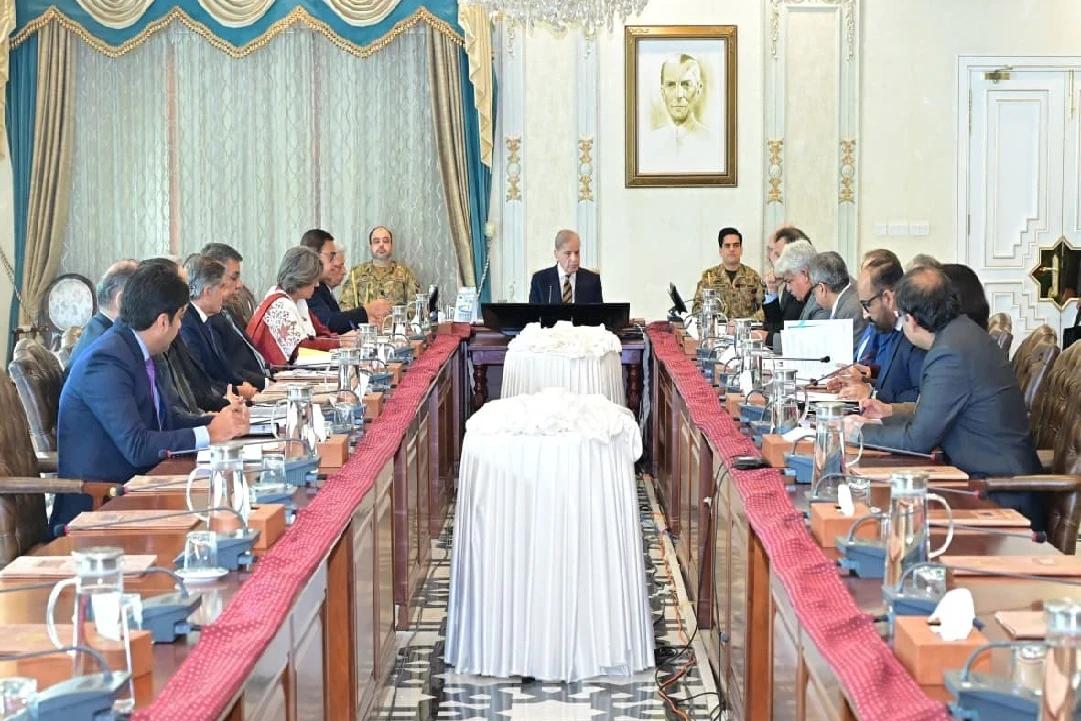Ismail says that the caretaker government will engage with the IMF for consent before implementing measures to alleviate the financial strain on electricity consumers utilizing 200 to 300 units monthly.


Karachi: Amidst widespread protests against surging electricity bills across the nation, former Finance Minister Miftah Ismail has underscored that any efforts to provide relief to the public burdened by inflated charges would necessitate seeking approval from the International Monetary Fund (IMF).
Ismail noted that the caretaker government would engage with the IMF for consent before implementing measures to alleviate the financial strain on electricity consumers utilizing 200 to 300 units monthly.
In late June, Pakistan and the IMF reached a staff-level agreement regarding a $3 billion stand-by arrangement.
Speaking on a local television program, Ismail emphasized that the caretaker administration could potentially alleviate the tax burden for domestic consumers using up to 300 units of electricity.
He stated, "If the government communicates with the fund respectfully, the IMF will be open to addressing the issue of electricity bills."
Reflecting on his tenure, Ismail recounted an instance where Shehbaz Sharif, at the time, directed him as the finance minister not to raise power tariffs for consumers using up to 200 units.
He conveyed that he engaged with the IMF regarding this matter, and subsequently, the international financial institution approved the request.
Addressing the current scenario in Pakistan, Ismail highlighted the record-high electricity rates and suggested that the situation could be ameliorated by eliminating sales tax from electricity bills. However, he acknowledged that the government still had to achieve its tax collection goals.
"If sales tax is removed from electricity bills, then where will it be collected from?" he questioned.
Ismail cautioned against the potential repercussions of avoiding the imposition of sales tax on property, agriculture, and the services sector. He noted that the resultant burden would likely shift to the economically disadvantaged, which, he observed, was already occurring.
He appealed to political leaders from all parties to formulate a comprehensive strategy to levy taxes on the affluent, emphasizing that taxes should not solely burden the impoverished segment of society.
Proposing measures for the energy sector, Ismail recommended renegotiating new contracts for producing cost-effective electricity, as the agreements from 1994 and 2002 had lapsed.
He also advocated for the privatization of all power distribution companies (discos) in Pakistan.
In response to a query, Ismail clarified that the current government was not solely responsible for the escalation in electricity bills. He attributed the increase to power theft and the mounting circular debt within the system.

Gold prices plunge in Pakistan, global markets
- 5 hours ago
Morocco beat Jordan 3-2 after extra time to clinch Arab Cup
- 5 hours ago

The mass shooting on Australia’s Bondi Beach, briefly explained
- 14 hours ago
PM Shehbaz performs groundbreaking of Centre of Excellence for Autism
- 5 hours ago
ATC acquits SM Qureshi, awards 10-year sentences each to Dr Yasmeen, Ejaz Chaudhry in May 9 case
- 4 hours ago

The looming showdown over IVF, explained
- 14 hours ago
Gunman in Brown University shooting found dead, linked to MIT killing
- 5 hours ago
Soccer legend Ronald debuts in Hollywood, to play key role in upcoming movie
- 4 hours ago
More than 42mn children administered polio vaccination during final polio drive in Pakistan
- 3 hours ago
PMD to install Advanced Automatic Weather Stations
- 4 hours ago
UN experts raise objections on India's unilateral actions of May 7 inside Pakistan
- 5 hours ago

The unexpected link between your diet and your anxiety
- 14 hours ago








